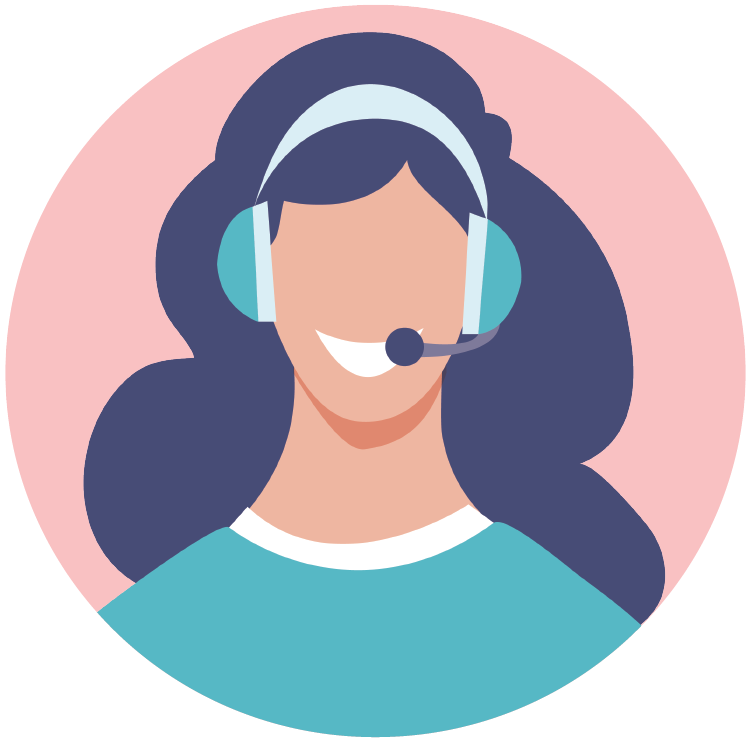Your baby's growth and development — 12 months old
7-minute read
Key facts
- By 12 months, your baby’s birthweight will have probably tripled and they will be about one and a half times as long as they were as a newborn.
- If you are breastfeeding, you might find your baby decides to wean, or you yourself might decide it’s time.
- It's now time for your baby’s measles, mumps and rubella (MMR), meningococcal ACWY and pneumococcal (for most children) vaccinations.
- Some babies can stand well by themselves by now, and they may be taking their first steps.
My 12 month old
By 12 months, your baby’s birthweight will have probably tripled and they will be about one and a half times as long as they were as a newborn. Their brain has grown to about 60% of the size of an adult’s. Their growth will slow down from now on. Try not to compare your baby’s height or weight with that of other babies, as long as they are growing as expected according to their growth chart.
You’ll be quite busy now as your baby switches their attention from developing their fine motor skills, like picking up and examining objects, to exercising their large muscles. They will be pushing, kicking, throwing, banging pots, and putting things inside containers.
Babies at 12 months have an attention span of 2 to 5 minutes for each game so you will have to think creatively to keep them occupied. A good idea is to bring out just a few toys at a time, then put them away and bring out different ones.
If you are breastfeeding, you might find your baby decides to wean, or you yourself might decide it’s time. It’s best to wean slowly if possible, so your milk gradually decreases. But there’s no need to wean if you don’t want to, even if you are going back to work.
From 12 months, your baby’s main drink should be water from a sippy cup. Your baby can have small amounts of full fat cow’s milk to drink, as part of their 1 and a half serves of dairy per day.
It's now time for most children get their measles, mumps and rubella (MMR), meningococcal ACWY and pneumococcal vaccinations. Aboriginal and/or Torres Strait Islander babies and premature babies may also be offered additional vaccines, at 12 months.

Understanding baby growth charts
A growth chart helps you and your doctor keep track of how your baby is growing.
What can my baby do?
Physical development
Physically, they might be pulling themselves up and using the furniture to move around (this is known as ‘cruising’). Some babies can stand well by themselves by now and they may be taking their first steps.
By 12 months, your baby will be getting good at using their hands and fingers. They will hold a spoon and try to feed themselves with it. Encourage your baby to drink from a cup by themselves and use a cup for drinking instead of a bottle. You should ideally stop using a bottle by 18 months.
Cognitive development
Your 12 month old will most likely show interest in picture books. They will also enjoy listening to music and playing with toys that make noise.
Social development
There might also be some separation anxiety when you say goodbye to them. You can help encourage their independence by not hovering over them all the time — let them know you are always there for them, but don’t come running every time they call for you.
Emotional development
Most 12 month olds can feel and show empathy to another person’s distress. They feel most comfortable exploring and playing while you are nearby and will sometimes seek you out for reassurance.
Language development
Your baby’s vocabulary probably consists of a couple of words, as well as 'mama' and 'dada'. They will be babbling words that sound like conversation. They will also be able to respond to simple instructions ('give me the cup') and point to parts of their body when you name them.
How can I help my baby develop?
Keep talking and reading to your baby as much as possible. Have a conversation with them, tell them what you are doing, and help them practise following instructions. You can even start to develop their manners by saying 'please' and 'thank you'.
It’s important to encourage your baby to move and explore. Help them pull themselves up to standing and to practise walking. Expect a few bumps and knocks, but you will need to be very vigilant about your child’s safety now. They will love picking up small objects and putting them in their mouth, so make sure there is nothing around that they could choke on.
Development problem signs
Babies develop at different rates.
At 12 months, talk to your doctor or maternal child health nurse if:
- they aren’t happy when they see people they know well
- they don’t make eye contact
- you or a close carer can’t comfort them
- they haven’t started to move at all or they’re not sitting
- they don’t babble or make other sounds when someone talks to them
Resources and support
If you are worried or would like to discuss any issues with your baby’s development, speak to your doctor or child health nurse.

Speak to a maternal child health nurse
Call Pregnancy, Birth and Baby to speak to a maternal child health nurse on 1800 882 436 or video call. Available 7am to midnight (AET), 7 days a week.
Learn more here about the development and quality assurance of healthdirect content.
Last reviewed: December 2022




